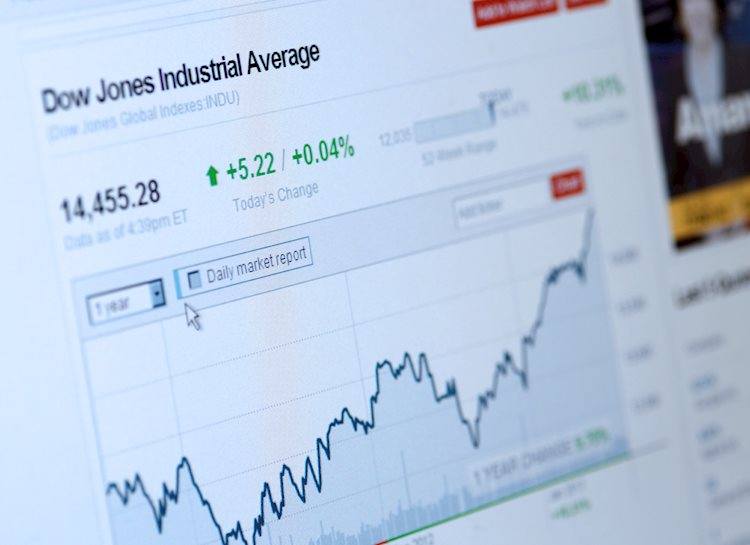The Dow Jones Industrial Average (DJIA) surged over 200 points to reach a new all-time high on Thursday, fueled by the resurgence of the AI stock rally and strong retail sales data. US Retail Sales exceeded expectations in September, growing by 0.4% month-over-month, outperforming market forecasts of 0.3%. Retail Sales excluding Automotive spending also saw a healthy increase of 0.5%, surpassing the expected 0.1%.
Additionally, US Initial Jobless Claims for the week ending October 11 came in at 241K, beating market expectations and indicating positive progress in the job market. The upbeat economic data contributed to the overall positive sentiment in the equity markets.
The tech sector, especially chip stocks, experienced significant gains on Thursday, with companies like Nvidia reaching new all-time highs. Taiwan Semiconductor Manufacturing Company also reported stronger-than-expected earnings, boosting investor confidence in the AI sector. The positive earnings results alleviated concerns about the future of AI technology and its potential revenue generation.
Despite some Dow Jones components trading in the red, key stocks like Intel and Travelers Companies posted strong gains, contributing to the overall bullish trend in the market. Intel rose 1.6% as it continued to recover from recent lows, while Travelers Companies surged 8% following better-than-expected Q3 earnings.
Looking ahead, the Dow Jones price forecast remains optimistic, with the index continuing its upward trajectory above 43,250. While technical indicators suggest an overbought market, long-term investors may find little reason to pull out of their positions. Short-term traders may anticipate a potential downside correction before considering re-entering the market for further gains.
In conclusion, the Dow Jones Industrial Average’s performance is a reflection of various factors, including company earnings, macroeconomic data, and Federal Reserve decisions. Traders have different options to engage with the DJIA, such as through ETFs, futures contracts, options, and mutual funds. Ultimately, the Dow Jones serves as a key barometer for the broader stock market, providing insights into economic trends and investor sentiment.










